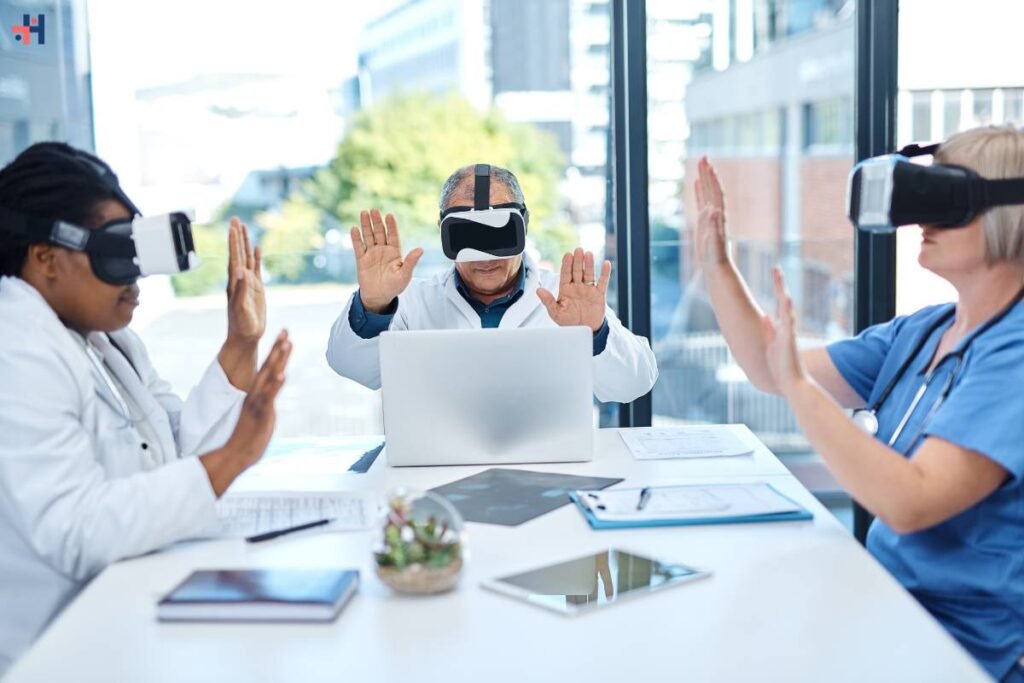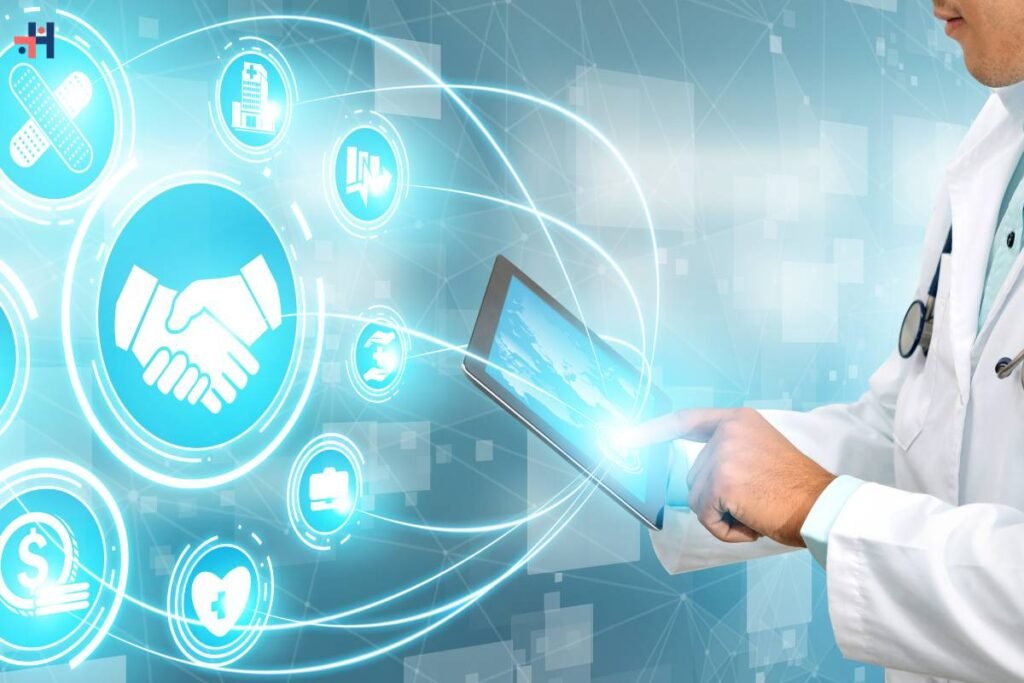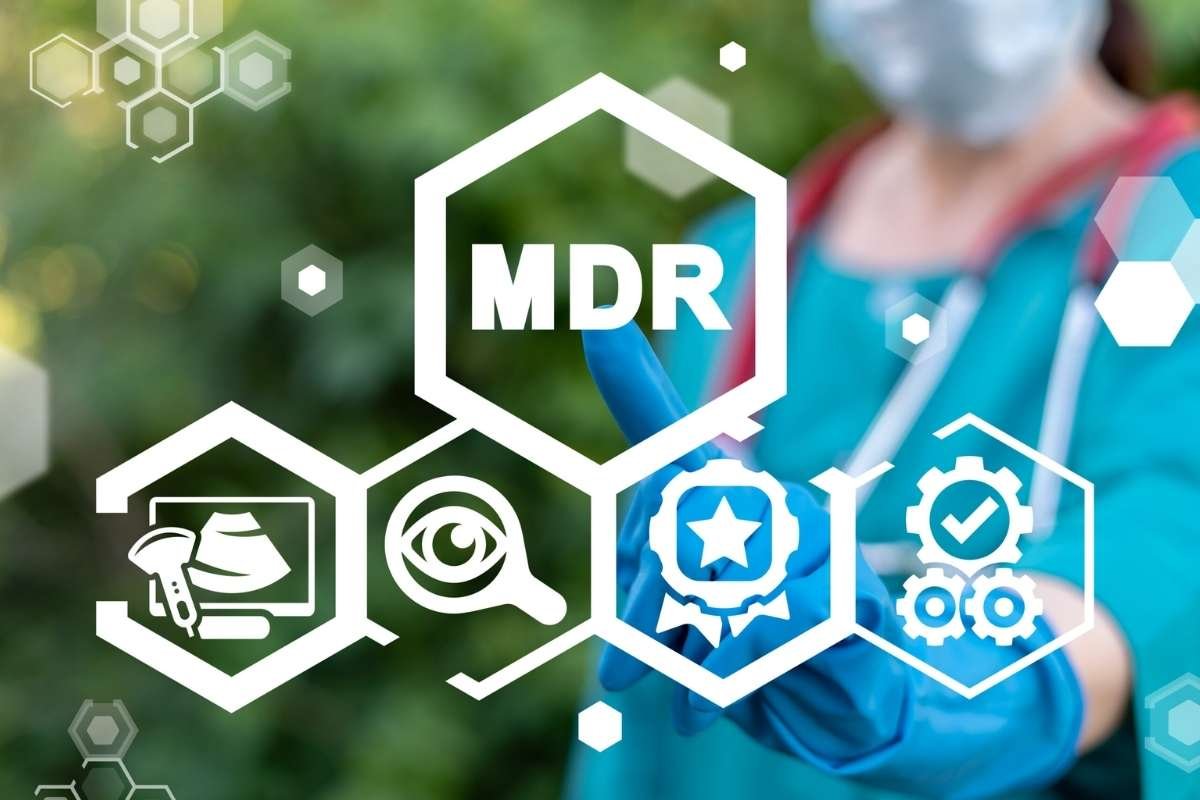In recent years, Artificial Intelligence – AI in healthcare has emerged as a game-changer in the industry, revolutionizing the way patients are diagnosed, treated, and managed. From early disease detection to personalized medicine, AI-powered technologies are reshaping healthcare delivery and improving patient outcomes.
Here are 15 key ways in which AI in healthcare is transforming:
1. Early Disease Detection:
AI algorithms can analyze medical images, such as X-rays, MRIs, and CT scans, to detect early signs of diseases like cancer, cardiovascular disorders, and neurological conditions. By identifying subtle abnormalities that may be missed by human radiologists, AI helps facilitate early intervention and improve patient outcomes.
2. Precision Medicine:
AI enables personalized treatment plans tailored to each patient’s unique genetic makeup, medical history, and lifestyle factors. By analyzing genomic data and clinical records, AI algorithms can predict individual responses to medications and therapies, allowing healthcare providers to customize treatment regimens for maximum efficacy and minimal side effects.
3. Drug Discovery and Development:
AI is revolutionizing the drug discovery process by accelerating the identification of potential drug candidates and predicting their efficacy and safety profiles. Machine learning algorithms can analyze large datasets of molecular structures, biological pathways, and clinical trial data to identify promising drug targets and optimize drug design, leading to faster and more cost-effective drug development.
4. Remote Monitoring and Telemedicine:
AI-powered remote monitoring solutions enable patients to track their health status and vital signs from the comfort of their own homes. By analyzing real-time data from wearable devices and other remote monitoring tools, AI in healthcare algorithms can detect early warning signs of health problems and alert medical providers to intervene proactively. Telemedicine platforms powered by AI enable virtual consultations and remote diagnosis, expanding access to healthcare services for patients in rural and underserved areas.
5. Clinical Decision Support:

AI-powered clinical decision support systems provide healthcare providers with real-time insights and evidence-based recommendations to support clinical decision-making. By analyzing patient data, medical literature, and best practices, these systems can assist clinicians in making more informed decisions about diagnosis, treatment, and patient management, leading to improved outcomes and reduced medical errors.
6. Predictive Analytics and Population Health Management:
AI-driven predictive analytics tools can analyze population-level health data to identify trends, risk factors, and opportunities for intervention. By forecasting disease outbreaks, predicting hospital readmissions, and identifying high-risk patient populations, these tools enable healthcare organizations to allocate resources more effectively, improve population health outcomes, and reduce healthcare costs.
7. Natural Language Processing and Medical Documentation:
AI-powered natural language processing (NLP) algorithms can analyze unstructured medical data, such as physician notes and patient narratives, to extract relevant information and generate structured medical documentation. By automating the process of medical coding, documentation, and billing, NLP-powered solutions streamline administrative workflows, reduce documentation errors, and improve the accuracy and completeness of patient records.
8. Robotics and Automation:
AI-powered robotics and automation technologies are revolutionizing surgical procedures, patient monitoring, and hospital operations. Surgical robots equipped with AI algorithms can assist surgeons in performing complex procedures with greater precision and accuracy, leading to shorter recovery times and better patient outcomes. AI-powered robots can also automate routine tasks such as medication delivery, inventory management, and facility maintenance, freeing up healthcare professionals to focus on more value-added activities.
9. Genomic Sequencing and Analysis:

AI algorithms are transforming genomic sequencing and analysis, enabling researchers to identify genetic variants associated with diseases and predict individual susceptibility to certain conditions. By analyzing vast amounts of genomic data, AI can help uncover novel disease pathways, identify potential drug targets, and inform personalized treatment strategies, leading to more effective interventions and improved patient outcomes.
10. Mental Health Monitoring and Intervention:
AI-powered mental health monitoring tools use natural language processing and sentiment analysis to analyze text and voice data from patients, enabling healthcare providers to assess mood, detect signs of depression or anxiety, and intervene proactively. Virtual mental health assistants powered by AI algorithms can provide personalized support and guidance to individuals experiencing mental health challenges, improving access to care and reducing stigma associated with seeking help.
11. Healthcare Fraud Detection:
AI in healthcare algorithms can analyze medical claims data to identify patterns of fraudulent activity, such as billing for unnecessary procedures or services. By detecting anomalies and flagging suspicious claims for further investigation, AI-powered fraud detection systems help healthcare payers and providers reduce financial losses and protect against fraudulent activities, ultimately lowering healthcare costs for patients and insurers.
12. Patient Engagement and Education:
AI-powered virtual assistants and chatbots can provide patients with personalized health advice, answer medical questions, and offer guidance on managing chronic conditions. By analyzing patient data and preferences, these virtual assistants can deliver tailored information and support, empowering patients to take an active role in their healthcare journey and improve health outcomes.

AI-Powered Diagnostics: Revolutionizing Healthcare
AI continues to evolve, and the future of diagnostics promises even greater strides in accuracy, efficiency, and personalized medicine, marking an era where technology becomes an indispensable ally in the pursuit of better health outcomes.
13. Real-time Monitoring and Alerts:
AI in healthcare algorithms can analyze continuous streams of patient data, such as vital signs, lab results, and medication adherence, to detect early signs of deterioration and alert healthcare providers to intervene promptly. By providing real-time monitoring and alerts, AI-powered systems help prevent adverse events, reduce hospital readmissions, and improve patient safety.
14. Clinical Trials Optimization:
AI-powered predictive analytics can optimize clinical trial design and recruitment, helping pharmaceutical companies and research organizations identify eligible patients, predict patient outcomes, and optimize trial protocols. By accelerating the drug development process and reducing trial costs, AI-driven clinical trials optimization tools enable researchers to bring new therapies to market faster and improve patient access to innovative treatments.

15. Continuous Learning and Improvement:
AI-powered healthcare systems can continuously learn from new data and feedback to improve their performance over time. Machine learning algorithms can adapt to changing patient needs, evolving disease patterns, and emerging treatment strategies, enabling healthcare providers to deliver more personalized and effective care. By fostering a culture of continuous learning and improvement, AI-driven healthcare technologies hold the promise of transforming the future of medicine and improving the lives of patients worldwide.
Conclusion:
AI in healthcare is revolutionizing by enabling early disease detection, personalized medicine, drug discovery, remote monitoring, clinical decision support, and more. As AI continues to advance, it holds the potential to transform every aspect of healthcare, from diagnosis to treatment and beyond, ultimately leading to better outcomes, improved efficiency, and greater accessibility for patients around the world.









